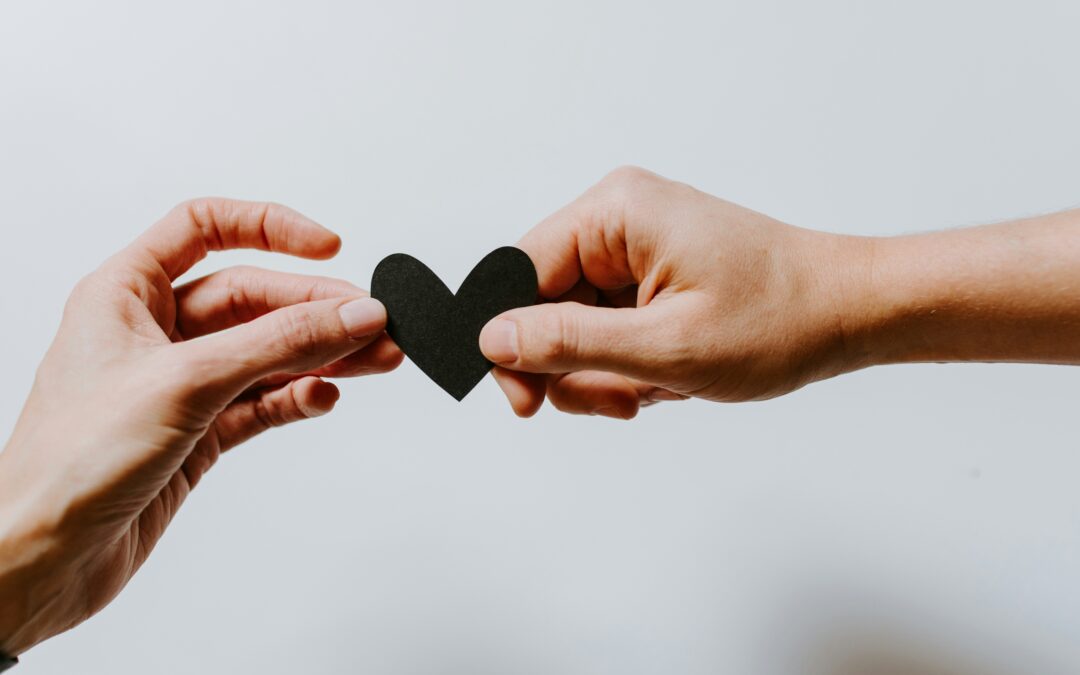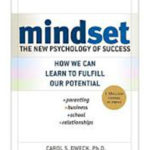Feeling anxious in your relationships, whether romantic or platonic, is a common experience for many people. While it may seem like the only solution to your anxiety is more reassurance or attention from the other person, it might actually be more productive to focus on your own self-esteem and independence.
How Self-Confidence Impacts Relationships
It has been shown that low self-esteem is linked to higher rates of dissatisfaction in relationships. Someone with low self-confidence is more likely to sacrifice their own needs in the beginning of a relationship in order to receive the validation and praise of their partner (or friend, family member, etc.) They also might have trouble believing their needs are important and try to ignore them for the “greater good” of the relationship.
Over time, however, this kind of behavior can lead to further anxiety or resentment. Questions may begin to come up such as, “If I stopped doing what they wanted all the time, would they even love me anymore?” or, “How come I give so much in this relationship but never seem to have my needs met in return?”
For the person on the other side, it can be confusing and frustrating to realize that someone you love is unhappy with you or has become resentful of your relationship. This is especially painful if you don’t understand why. When your friend or partner seems to constantly need more validation from you in order to trust that you care about them, it can also make you feel that maybe they don’t appreciate the effort you’ve put into the relationship.
Cultivating Healthy Independence
Along with a higher self-esteem, a greater sense of independence can help lead to more positive relationship experiences. That’s because people who feel more fulfilled as an individual can engage in relationships from a more confident place, set better boundaries, and ultimately trust the fact that they deserve healthy relationships.
- Independence Isn’t About Being Alone
Being independent doesn’t have to mean that you have to live alone, never ask for help, or become independently wealthy. It simply means that you are able to trust in your own ability to engage in life and relationships in a way that feels good to you and allows your needs to be met.
- Becoming Your Own Best Friend
Becoming your own best friend means you are a friend to yourself first. What do you need or want to do? It means that you can spend time alone and find enjoyment in it. If you can learn to enjoy your own company, it will feel less isolating and worrisome when your partner, friends, and other loved ones are unavailable.
- Trust and Boundaries in Relationships
Every person needs other people in their life. We all need a close circle of people who we can rely on. A healthy sense of independence won’t take away that need. In fact, it will enhance your ability to trust others to show up for you when you need them and set your own boundaries in order to show up authentically for them in return.
Managing Relationships
A caring partner or friend can offer sympathy for your anxiety about the relationship and offer extra reassurance if they are willing and able to. But at the end of the day, it’s up to us to discover where our anxiety is coming from and learn to manage it in a healthy way.
In a healthy relationship, we can trust that the other person will voice any concerns or worries directly to us instead of punishing us for them or becoming passive aggressive. Unfortunately, many people have experienced relationships where concerns went unspoken on both sides for far too long. Usually this results in resentment and painful conflicts.
If you’ve been feeling anxious in your relationships and have realized that you’d like to work on your own self-confidence and a healthy sense of independence, I would love to chat with you to see if we would be a good fit to work together. In the meantime, here are a few tips on how to begin working on your relationship anxiety:
- Collaboration, Not Accusation
If you’re feeling anxious in one of your close relationships and feel safe to do so, it’s important to have an open discussion about it with your loved one. Keep in mind that they might not be aware of your anxiety, especially if you are someone who has been holding it in to try to keep the peace. Try to avoid accusations such as, “You make me feel anxious because…” Instead, focus on collaborative language such as, “I’ve been feeling anxious about… would you be willing to help me by…?”
- Learn to Voice Your Needs
Sometimes, we might feel anxious in a relationship because we’re worried our needs aren’t going to be met. If we never voice our needs, however, we will probably very rarely have them met! Learning to voice your needs in a relationship – and then giving the other person a chance to meet them – is important in building trust and managing anxiety in the relationship. As you experience your needs being met consistently by those that care about you, you can begin to trust the relationship more fully.
- Find Your Value in YOU
What do self-confidence, healthy independence, and the ability to set good boundaries all have in common? They are all elements of believing in your own inherent value. They all stem from the belief that you are worthy of existing, of having needs, and of taking up space. If this is a belief you struggle with, give yourself time and grace as you learn to change your way of thinking about yourself. But remember, it is possible and so worthwhile to cultivate the belief that you have value simply for being you.






